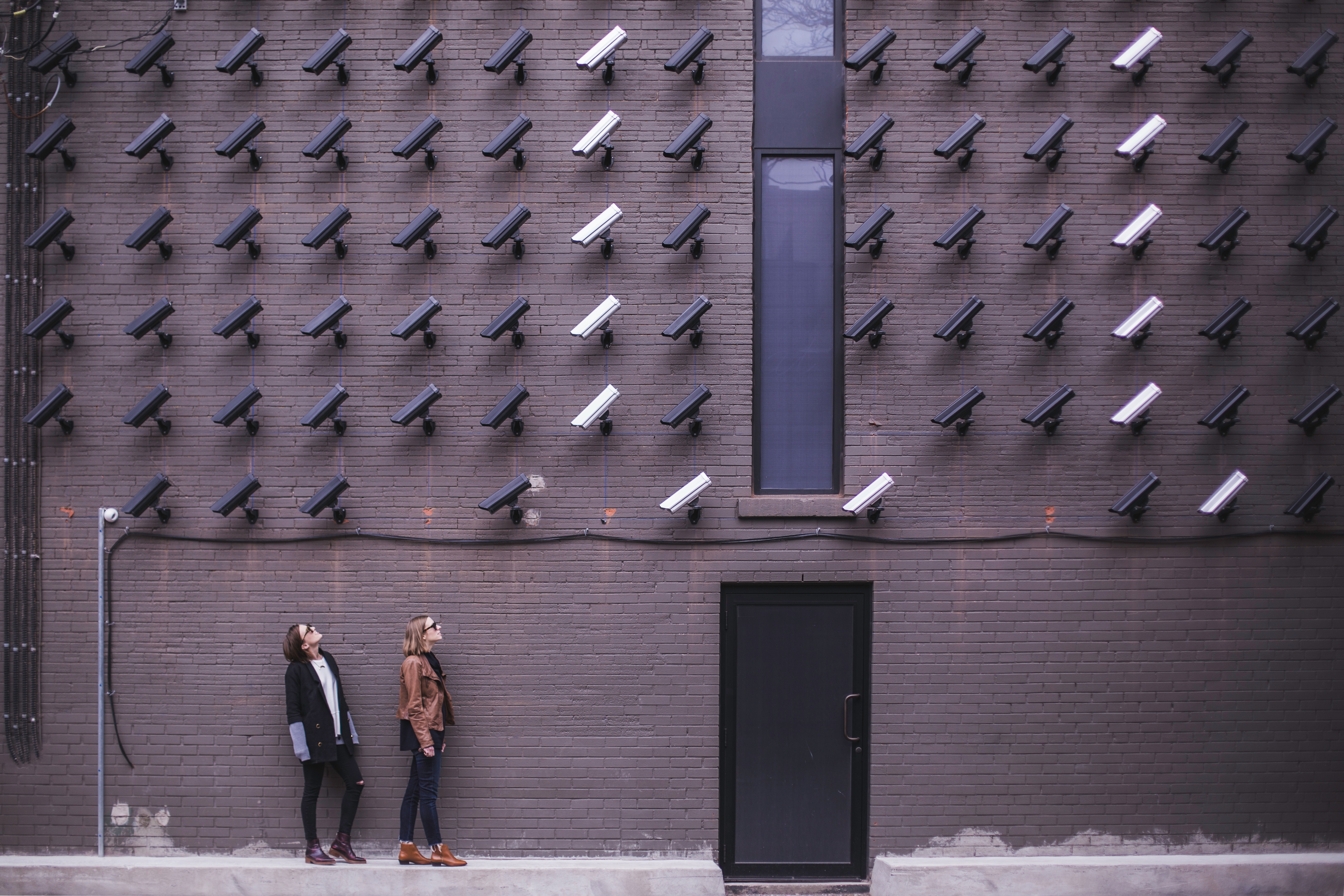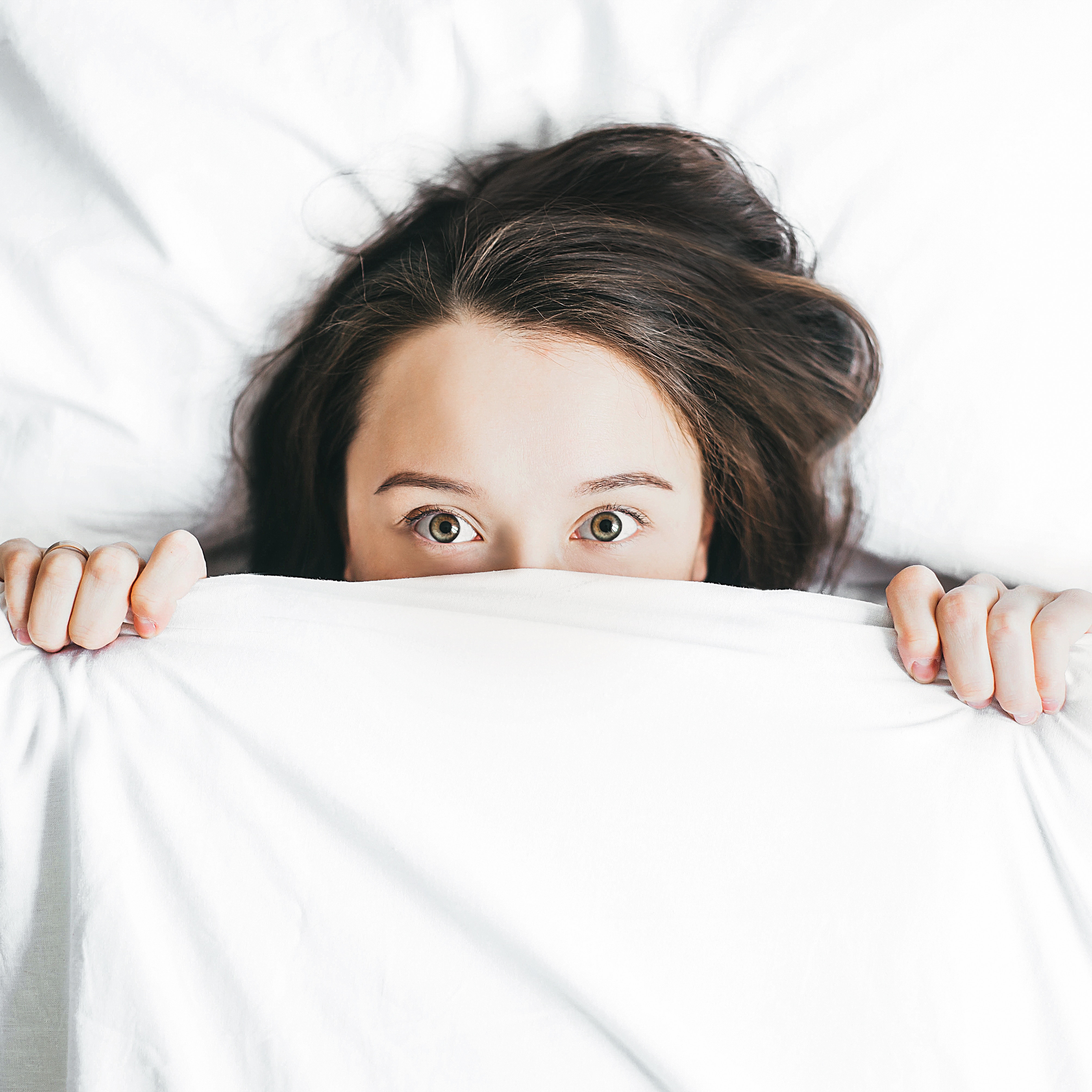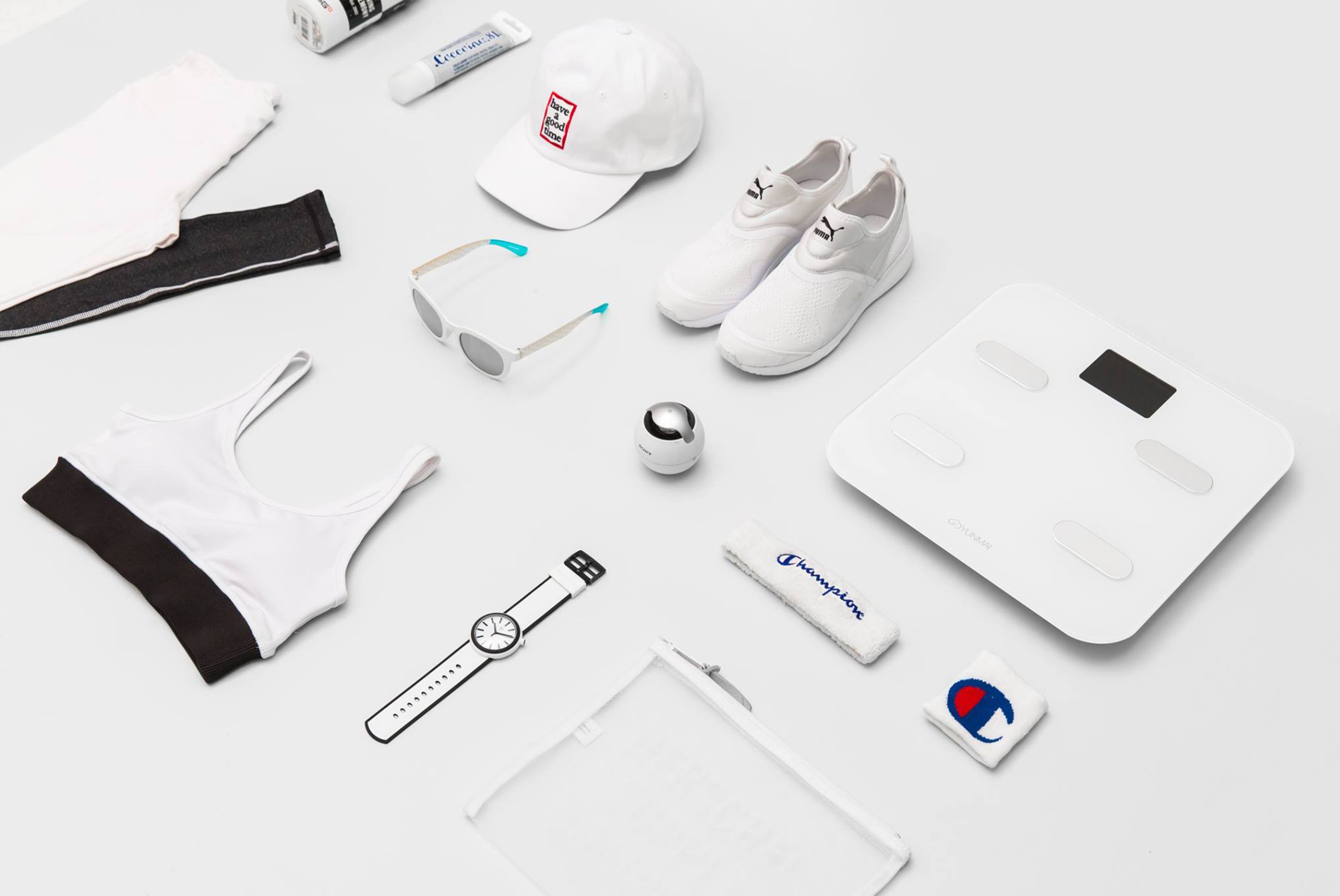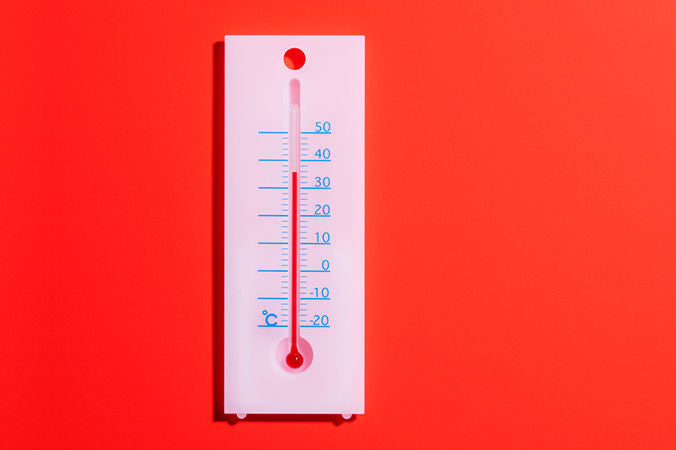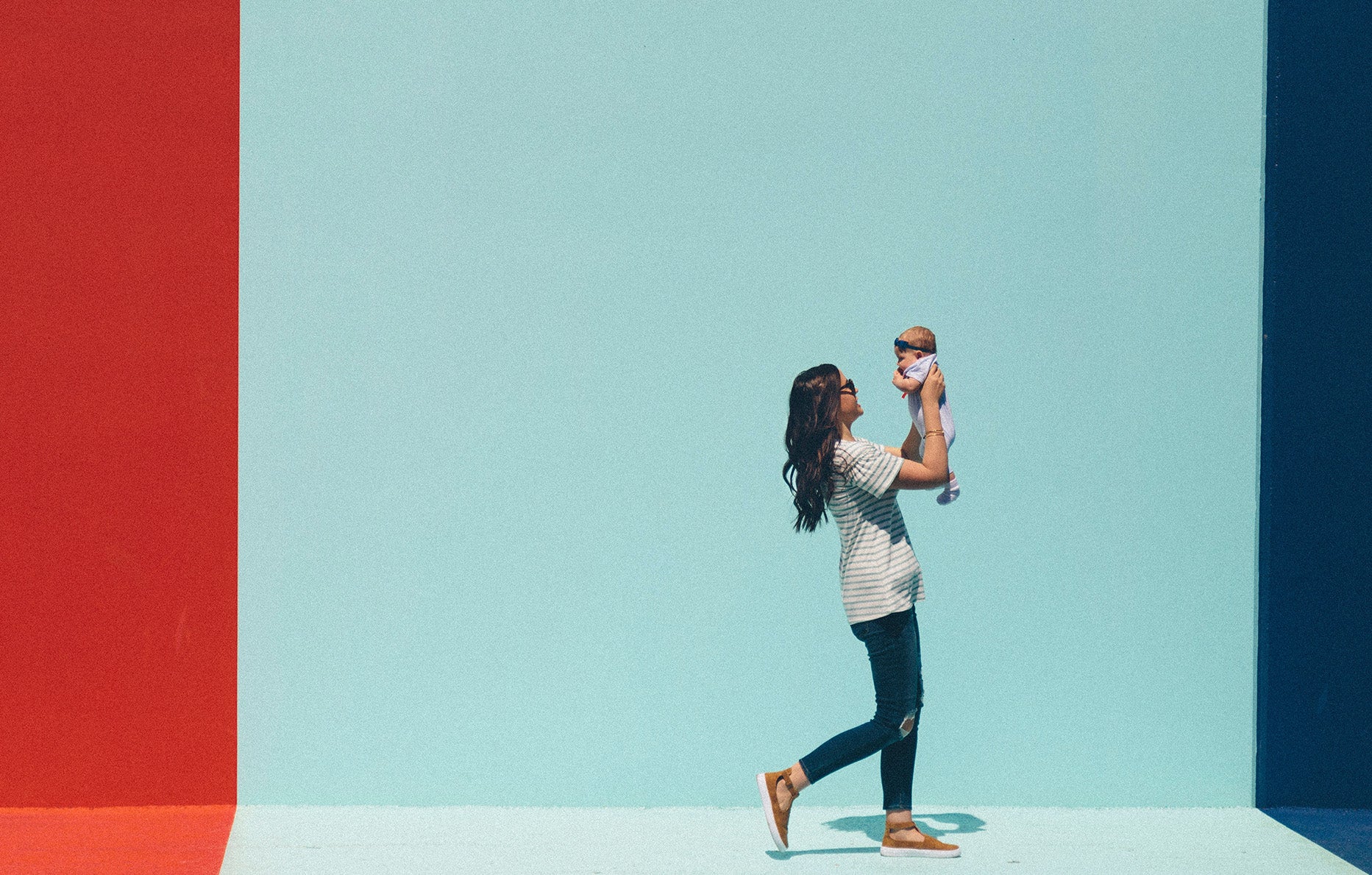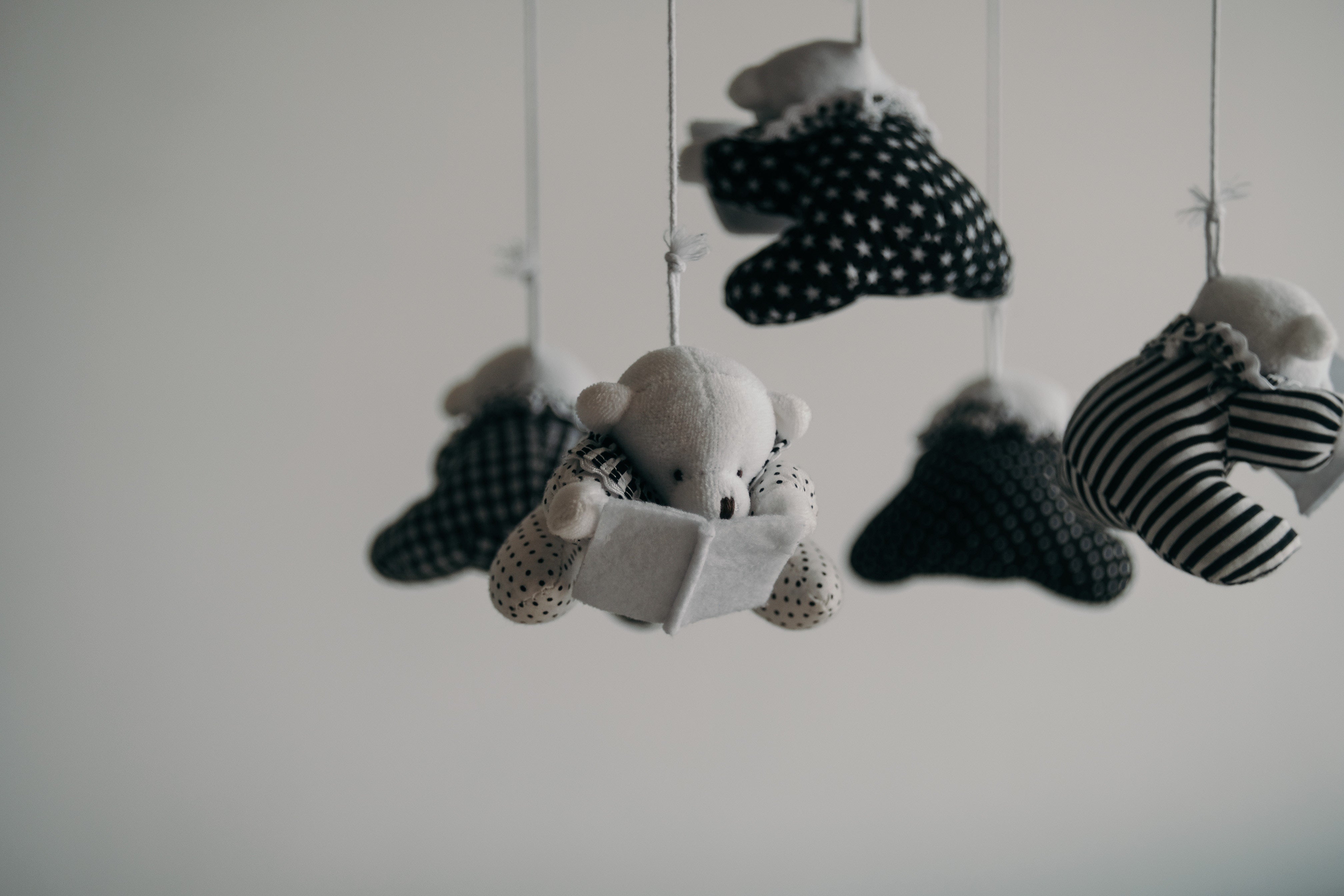According to the BBC documentary The Truth About Getting Fit, your Fitbit’s ‘beep’ in celebration when (if) you reach the 10,000 step benchmark, is somewhat premature. In fact, medical journalist Michael Mosley together with staff from Sheffield Hallam University, found that simply doing three vigorous 10-minute walks each day, carried a greater health benefit than managing the 10,000 steps per day encouraged by your Fitbit. Brisk and intensive walking it would seem, capable of significantly raising your heartbeat, provides greater health benefits than walking more slowly, albeit for much longer.
And this probably shouldn’t come as a surprise, considering the documentary’s finding that the figure of 10,000 steps-per-day derived merely from a 1960s marketing campaign in Japan, rather than scientific evidence.
For many, this BBC-backed experiment has led to suggestions that the Fitbit is perhaps a waste of time, effort and money. After all, why trust a wearable-gadget supposedly devoted to helping you enhance and/or maintain fitness, that perpetuates a 1960s marketing ploy? If you’re adamant that 10,000 steps-per-day will transform your health, why not just get yourself a pedometer?
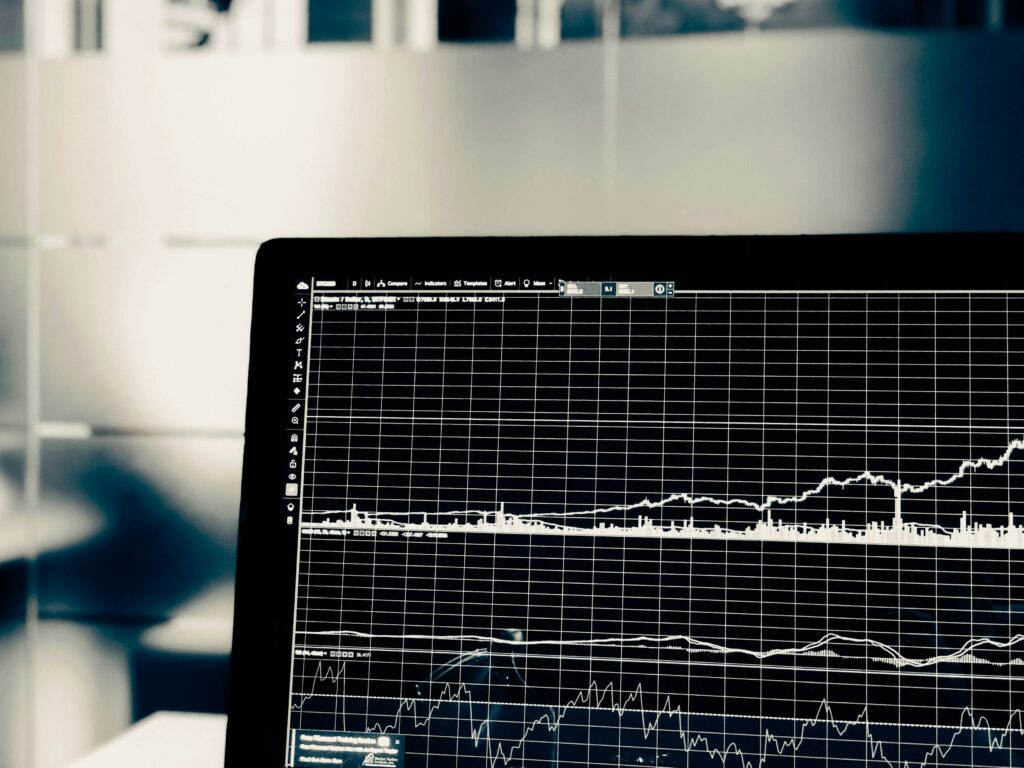
6 Billion Nights of Data
The reason not to give up on your Garmin Vivomove/Misfit Ray/Fitbit Ionic/any wearable technology device just yet, is due to what wearing such devices can provide us with. In particular, highly-accurate sleep data.
As Yahoo Finance recently reported, since Fitbit began tracking its US customers’ sleep stages in March 2017, the Californian company has been able to collect data from over 6 billion nights of its customers’ sleep. From REM sleep to non-REM sleep, light sleep to wakefulness, never before has so much biometric data been compiled. And together with their knowledge of your gender, age, weight, height, location, and activity level, Fitbit’s sleep research scientists have been able to explore the effect of sex, geography and age upon our quality of sleep.
For example, it may come as no surprise that we’re very rarely – if ever – getting the recommended 8 hours of sleep per night. Instead, women are sleeping for an average of 6 hours and 50 minutes per night, and men even less, at 6 hours and 26 minutes per night. Women are also averaging 10 minutes more REM sleep – the restorative part of our sleep cycle – than men every night. What’re more, the results clearly indicate the amount of deep sleep that we achieve gradually deteriorates as we grow older.
And then there’s the issue of bedtime consistency – the level of fluctuation in the time you go to bed. The results for instance clearly identify a link between sleep quality and bedtime consistency. As David Pogue writes, “If your bedtime varies by two hours over the week, you’ll average half hour of sleep a night less than someone whose bedtime varies by only 30 minutes.” And this is what Fitbit data scientist Karla Gleichauf labels as “social” or self-induced jet-lag, preventing your mind/body from waking-up when you want it to, especially during the work week.
The Down Side
There are downsides though. Of these 6 billion nights of sleep, each person who contributed to the ‘6 billion’ figure owned a Fitbit. Therefore, the results of biometric data can unfortunately not be applied to the entirety of society, and rather, only those capable of affording and using the product. Additionally, we still need to figure out what we’re going to do with the data. Why do we experience less deep sleep as grow older? When is the best time to go to sleep? What could we do to reduce our social jet-lag? Such questions remain unanswered.
But perhaps most worryingly, is the nature of this data. Of course, the biometric data acquired by Fitbit is anonymous and averaged, and not associated with individual customers’ names. And, upon using the wearable technology, all Fitbit users must create an account with Fitbit and agree to data collection, transfer and privacy rules.
However, despite enhancing our understanding of sleep, and providing us with the tools to help us improve our sleep, Fitbit’s ability to analyse over 6 billion nights of sleep as accurately and precisely as they have, exemplifies the enormous impact of growing connectivity on developed society.
There are for example, over 20 clinical trials using Fitbit currently underway, in the hope that doctors can get even better at identifying signals of specific diseases in wearable devices’ data. But then, when you consider that health insurance companies – companies that can determine whether you stay sick or get better – are aiming to employ wearable technology to personalise insurance rates, or even justifying the denial of coverage, this particular data set paints an ominous picture for the future.
Should We Be Hopeful, Or Scared?
Fitbit obviously aren’t alone. National governments, multi-national corporations – surveillance of citizens/customers will continue to be a conscientious issue as our connectivity with one another and acceptance of technological gadgets only increases. But then, considering Fitbit’s willingness to use its data to provide an unprecedented insight into sleep patterns of its users across the United States, the company must be commended.
We just must acknowledge that where data-gathering could lead us, and how it could be used, remains little more than an open-ended question right now.
And indeed, what isn’t an open-ended question nowadays? For example, the “most common retort against privacy advocates”: So long as you have nothing to hide, the unending provision of personal data won’t harm your quality of life, will it?
Would probably take me a lot more than 6 billion days and nights to answer that one.

